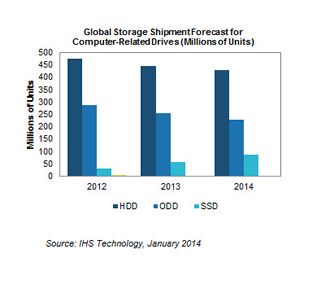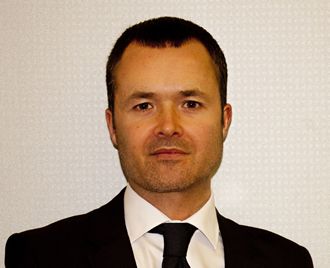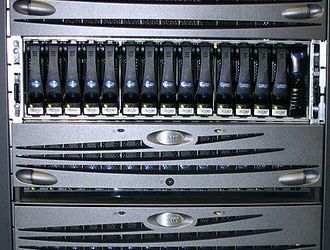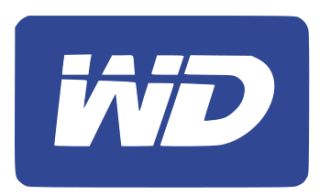 According to a report from Cisco the latest buzzword on the world wide wibble, the Internet of Everything, will become a major market earner by the end of the year.
According to a report from Cisco the latest buzzword on the world wide wibble, the Internet of Everything, will become a major market earner by the end of the year.
The Internet of Everything is the networked connection of people, process, data and things so that “everything” joins the network.
Cloud computing is one of the early examples of the Internet of Things along with the boom in the mobility market.
According to the Internet of Everything Value Index study released by Cisco the global private-sector businesses to generate at least $613 billion this year.
Companies who optimise the connections among people, process, data and things will generate the largest profits, the report said.
Rob Lloyd, Cisco President of Development and Sales said that the study of 7,500 global business and IT leaders in 12 countries reports that the United States, China and Germany will earn the most.
They will be chasing the promise of nearly doubling their profits by adopting business practices, customer approaches and technologies that use Internet of Everything ideas.
He said that the Internet of Everything is already driving private-sector corporate profits, it is estimated that an additional $544 billion could be realised if companies adjusted their strategies.
“The Internet of Everything has the potential to significantly reshape our economy and transform key industries. The question is who will come out on top and win in this new economy. This study shows us that success won’t be based on geography or company size but on who can adapt fastest,” Lloyd said.
SmartThings CTO Jeff Hagins said that the study confirms the potential for the Internet of Everything.
“With the SmartThings platform and open community, we believe that more developers and inventors will be able to participate in the value chain and ultimately bring the physical graph to life,” he said.
Global businesses can pursue as much as $14.4 trillion over the next decade by using the Internet of Everything to improve operations and customer service.
 Shipments of storage products fell by five percent last year, said market research company IHS.
Shipments of storage products fell by five percent last year, said market research company IHS.


















